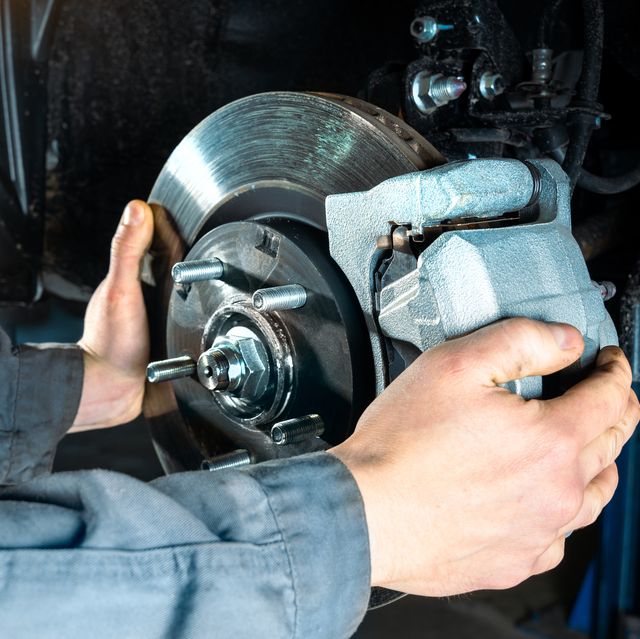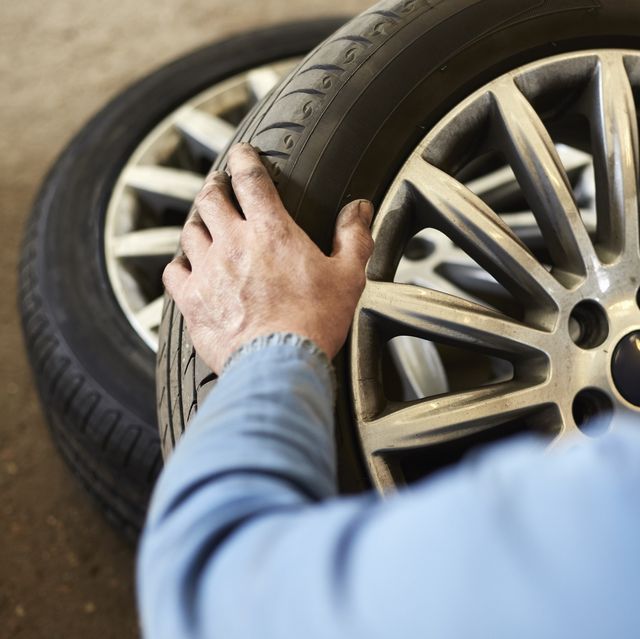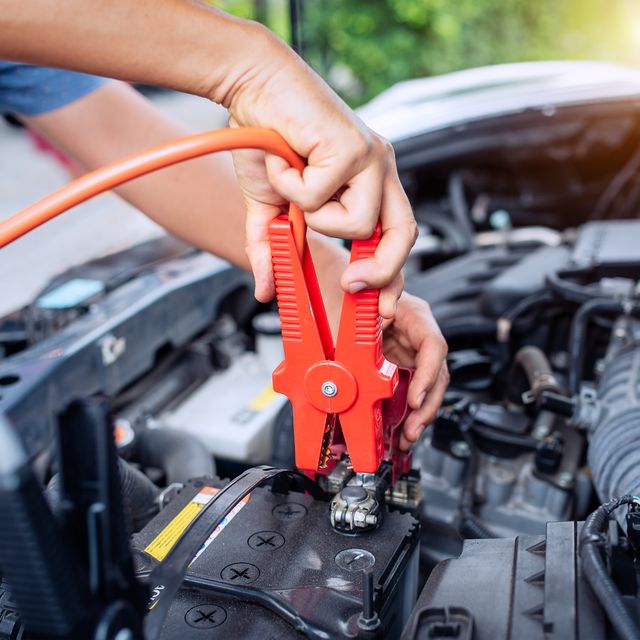Despite being relatively obscure just a few years ago, electric vehicles have become mainstream and are nearly everywhere today. Beyond their ability to free owners from constant trips to the gas pump, EVs offer instant torque, a peaceful ride, and a futuristic experience. While EVs are typically more expensive to buy up front, balancing that out is the fact that they are less expensive to maintain over time.
Let’s take a look at why that is.
EVs Have Fewer Moving Parts
An electric vehicle doesn’t have a traditional internal combustion engine, which requires oil and has dozens of moving parts. That means that, unlike owners of gas vehicles, EV owners won’t have to pay for oil changes or have air filters and other consumable items replaced. There are no spark plugs, no traditional transmission, and no belts that wear out. Beyond moving parts that wear out, EVs also lack exhaust systems, which means there’s no muffler or catalytic converter to replace.
LESS BRAKE WEAR
If you have ever driven or ridden in an EV, you have experienced regenerative braking of some form or another. The system effectively turns the electric motor in an EV into a generator and can slow a vehicle, sometimes to a stop—and without braking. This saves wear and tear on the brake pads and rotors, but also preserves brake fluid and braking system components, which are used to generate the pressure needed to operate the brakes. This is what’s known as one-pedal driving, which means that the driver only needs to lift off the accelerator pedal to slow the vehicle instead of using the brakes.
There Are Still EV Maintenance Costs
Less maintenance doesn’t mean no maintenance, however. EV owners still face many of the same annoying and costly repairs and need to take care of many of the same routine maintenance items that owners of gas vehicles do.
TIRES AND TIRE ROTATION
Electric cars still use tires, and in some cases can burn through rubber faster than their gas-powered counterparts. The instant torque that an EV motor produces can lead some drivers to become lead-footed, which wears tires faster with jackrabbit starts. Even sensible drivers need to rotate their tires, just as they would in a normal vehicle.
FLUIDS AND CONSUMABLES
Electric vehicles have cabin air filters, windshield wiper blades, washer fluid, and brake fluid. All of those things need attention and replacement over time.
SUSPENSION COMPONENTS
Suspension systems in electric vehicles function the same way they do in gas vehicles. This means that, over time, the bumps and bangs that come from normal driving can cause damage and wear, which will eventually require a repair or replacement.
BATTERY MAINTENANCE AND REPLACEMENT
Even though the bottom line with EV maintenance is that it’s probably going to cost you less than with a vehicle powered by a gasoline engine, there is still the matter of batteries and battery prices.
The motors in an electric car receive power from a battery, which over time can break down and lose some of its initial capacity. As this happens, you’ll have a couple of choices. You can replace the battery pack, which for some cars can be prohibitively expensive. You may also look at those maintenance costs and decide to sell the car and move on, but cars without a fully functioning battery won’t draw top dollar.
Finally, you could just ignore the problem and drive until there’s absolutely nothing left in the battery pack, but be prepared to see a short range and other issues along the way. With this choice, you may reach a point where you no longer have enough power for components such as the air conditioning system, which require battery power to operate.
Many automakers offer long warranties on their batteries, which can cover a vehicle for up to 100,000 miles in some cases, but even the best EVs will need a battery replacement at some point down the line.
Find Out More about EV Maintenance
If you are considering an electric vehicle, researching a particular make and model’s reliability ratings will help you understand where you may stand after a purchase. Resources such as Consumer Reports can help you make an educated decision about the vehicle. Even though an EV is less expensive in maintenance over time than cars with combustion engines, different models present different costs over time.
Read the full article here





